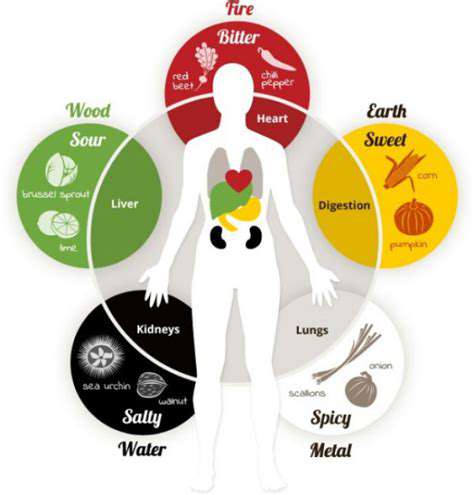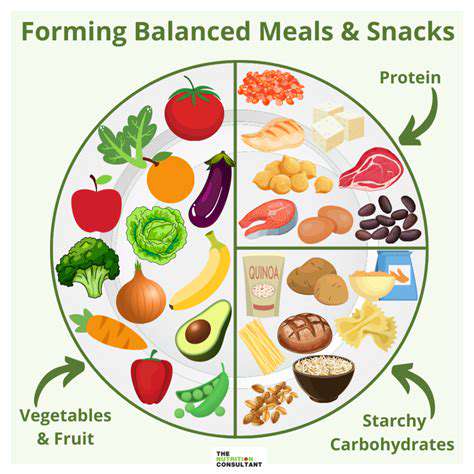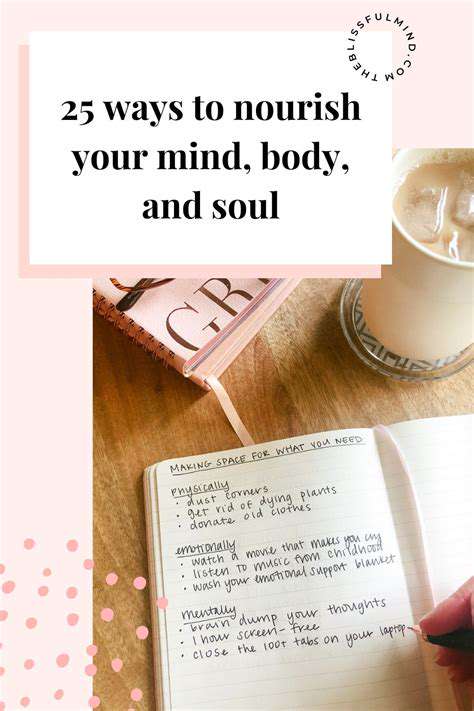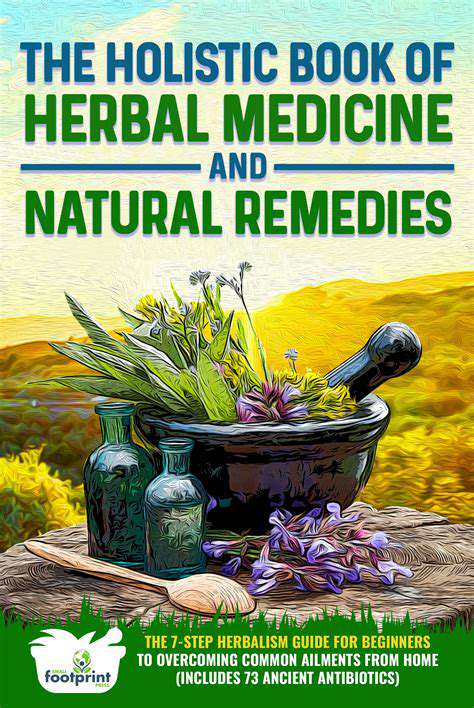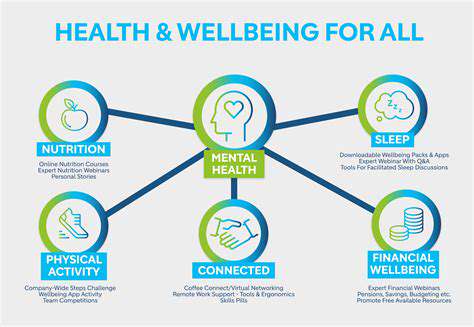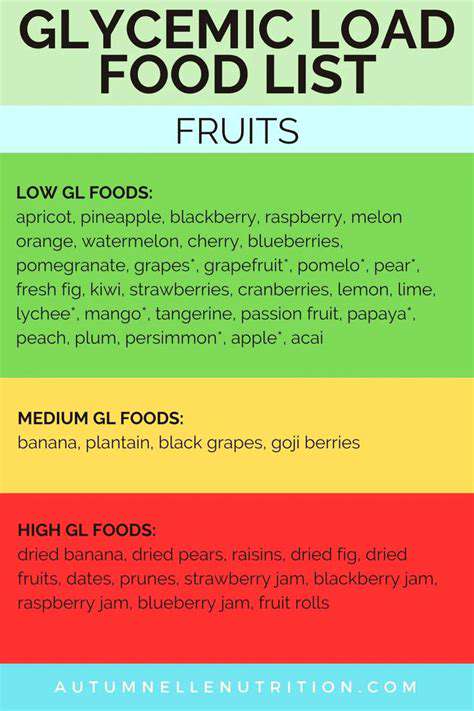TCM for Eye Strain Relief: Acupressure and Herbs
The Traditional Chinese Medicine Approach to Eye Fatigue
Understanding Eye Fatigue
Eye fatigue, a common ailment in modern life, is often characterized by a feeling of strain, soreness, and dryness in the eyes. This discomfort can stem from extended periods of close-up work, such as computer use, reading, or even prolonged exposure to bright lights. Symptoms can range from minor irritation to more significant discomfort, impacting daily activities and overall well-being.
The Root Causes of Eye Fatigue from a TCM Perspective
Traditional Chinese Medicine (TCM) views eye fatigue as a symptom of an imbalance within the body's energy flow (Qi). This imbalance can manifest in various ways, such as insufficient Yin (nutrient) energy in the Kidney and Liver meridians, or an excess of Heat in the body, which can affect the eyes and surrounding tissues. Poor diet, insufficient sleep, and prolonged stress are also considered contributing factors.
The Role of the Liver and Kidney in TCM
In TCM, the Liver and Kidney are considered crucial for eye health. The Liver governs the flow of Qi throughout the body, and its proper functioning is essential for healthy vision. The Kidney, on the other hand, is associated with the production of Yin (nutrient essence) and the maintenance of the body's overall energy. Imbalances in these organs can lead to a variety of eye problems, including fatigue.
TCM Diagnosis of Eye Strain
TCM diagnosis of eye fatigue typically involves a thorough assessment of the patient's symptoms, including the location and duration of the discomfort, any accompanying symptoms (like headaches or dizziness), and the patient's overall health and lifestyle. A skilled practitioner may also use pulse diagnosis and tongue examination to gain further insights into the underlying energetic imbalances.
TCM Treatments for Eye Strain Relief
Various TCM treatments are employed to address eye fatigue, ranging from herbal remedies to acupuncture and gua sha. Herbal formulas are carefully selected to address specific imbalances, such as cooling down Heat, nourishing Yin, and promoting blood circulation to the eyes. Acupuncture points around the eyes are often targeted to relieve congestion and promote relaxation.
Dietary Recommendations for Eye Health
TCM emphasizes the importance of a balanced diet for overall health, including eye health. Foods rich in Yin, such as dark leafy greens, fruits, and certain vegetables, are often recommended. Foods that are considered warming or drying should be consumed with caution, as they may exacerbate eye fatigue. Maintaining a healthy diet plays a vital role in maintaining the body's energy balance, contributing to better eye health.
Lifestyle Adjustments for Improved Eye Health
Beyond herbal remedies and acupuncture, TCM encourages lifestyle adjustments to support eye health. This includes proper sleep hygiene, stress reduction techniques like meditation or Tai Chi, and regular eye exercises to improve circulation and flexibility. These lifestyle changes are often viewed as crucial complementary therapies to support the effectiveness of other TCM treatments.
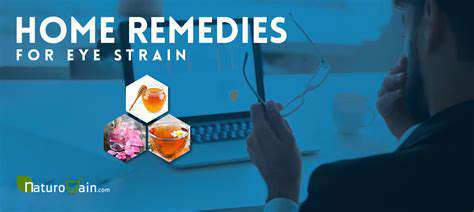
Diet and Lifestyle Recommendations for Eye Health
Dietary Considerations
Maintaining a balanced diet rich in essential nutrients is crucial for overall eye health. A diet rich in antioxidants, such as those found in colorful fruits and vegetables, can help protect the delicate tissues of the eyes from damage caused by free radicals. Leafy greens, berries, and carrots are excellent sources of these protective compounds. Incorporating omega-3 fatty acids, found in fatty fish like salmon and flaxseeds, can also contribute to maintaining healthy eye structures and reducing the risk of certain eye conditions.
Furthermore, adequate hydration is essential. Drinking plenty of water throughout the day helps maintain the moisture content of the eyes, preventing dryness and discomfort. Dehydration can lead to eye strain and fatigue, so ensuring sufficient fluid intake is a simple yet effective way to support eye health.
Lifestyle Practices for Eye Health
Beyond diet, certain lifestyle choices can significantly impact eye health. Regular exercise promotes blood circulation throughout the body, including the eyes, delivering essential nutrients and oxygen to support healthy function. Adequate sleep is also vital for eye rejuvenation and repair. Aiming for 7-8 hours of quality sleep each night allows the eyes to rest and recover from daily strain.
Managing stress effectively is another important aspect of maintaining good eye health. Chronic stress can contribute to eye strain and tension. Practicing relaxation techniques, such as meditation or deep breathing exercises, can help reduce stress levels and promote overall well-being, including eye health.
Acupressure Points for Eye Strain Relief
Traditional Chinese Medicine (TCM) offers several acupressure points that can help alleviate eye strain. Applying gentle pressure to these points stimulates the flow of Qi (vital energy) and promotes relaxation in the eye area. Specific points, like those located around the temples and on the inner corner of the eyes, are often targeted for their potential to ease tension and reduce fatigue. Finding resources and instructions for locating and applying pressure to these points can be beneficial for those experiencing eye strain.
Regular application of gentle pressure to these points, in conjunction with other relaxation techniques, may provide relief from eye strain. Consulting with a qualified TCM practitioner can be beneficial to ensure proper technique and to address any underlying health concerns. It's important to apply pressure gently and avoid any sudden or forceful movements. Consistency in applying pressure may provide significant relief from eye strain.
Importance of Regular Eye Exams
Despite dietary and lifestyle adjustments, regular eye exams remain crucial for maintaining optimal eye health. These exams allow ophthalmologists to detect early signs of eye conditions, such as cataracts, glaucoma, and macular degeneration. Early detection is often key to successful treatment and management of these conditions, potentially preventing vision loss. Annual eye exams are particularly important, as they can help identify any changes in vision or eye health that may not be readily apparent.
By combining healthy dietary habits, mindful lifestyle choices, and the incorporation of techniques like acupressure, with regular eye exams, individuals can take proactive steps towards preserving and optimizing their eye health. This comprehensive approach can contribute to a clearer, healthier vision throughout life.
